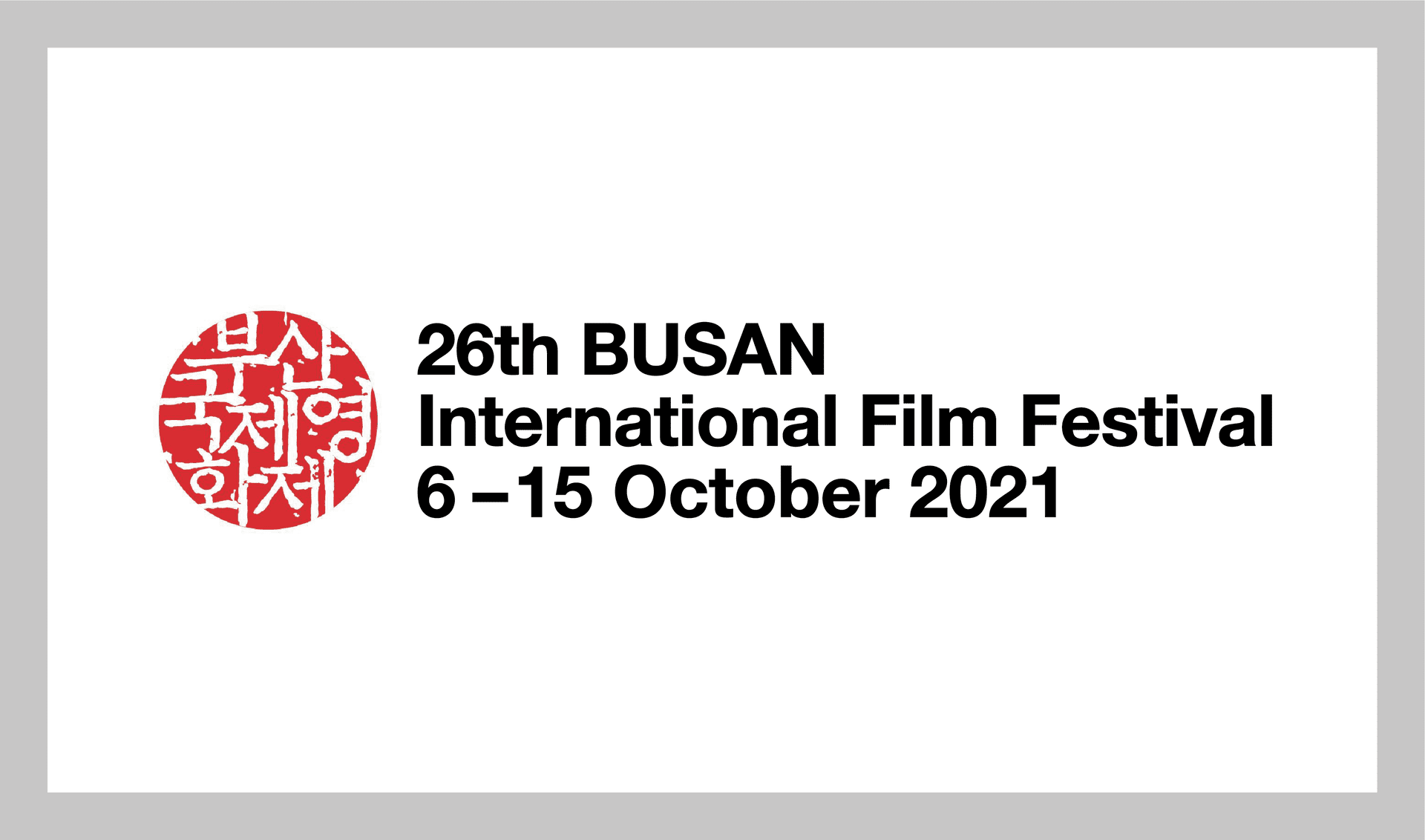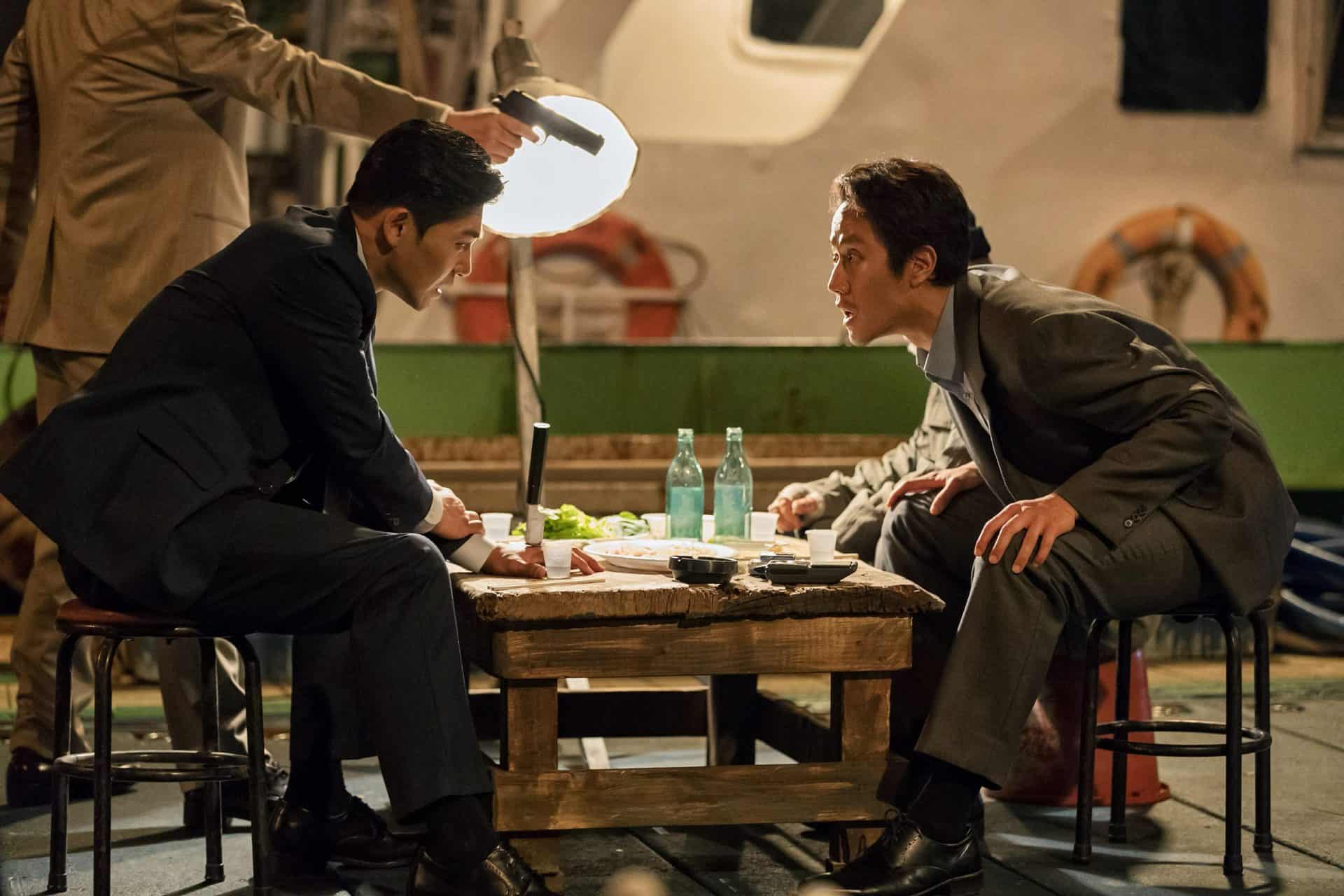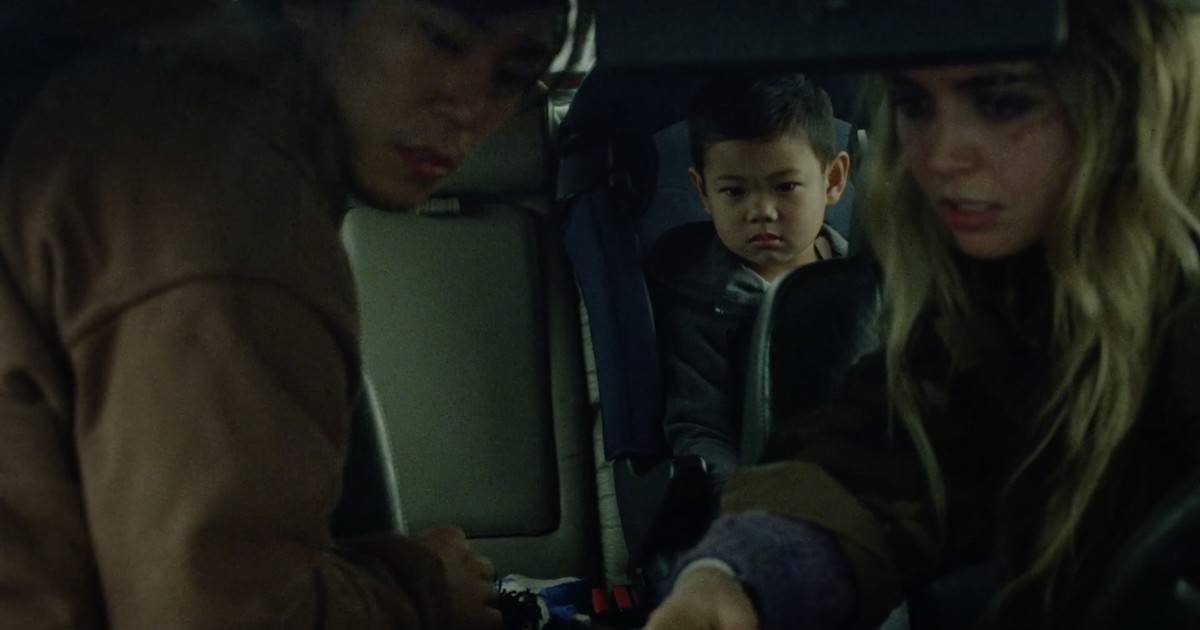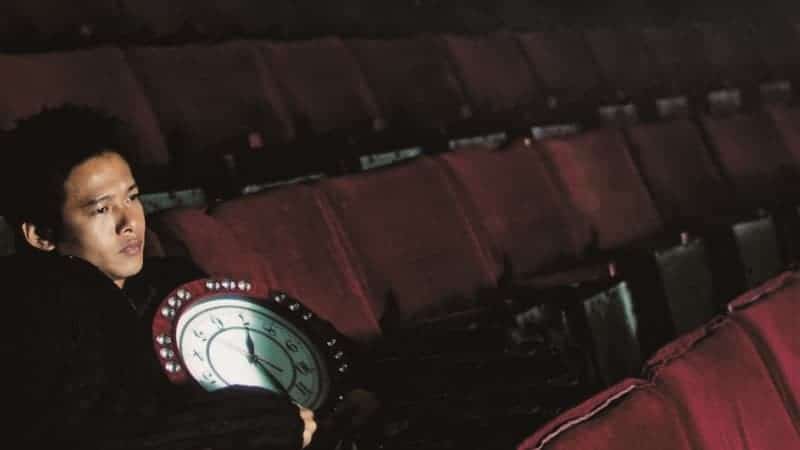Genre filmmaking during the latest years has made a turn towards the implementation of social issues, with ASEAN countries being among the pioneers of the “trend” with films like “One Two Jagga”, “BuyBust” and “Rom” being among the first that come to mind. Wregas Bhatuneja in his debut also tries to implement such an approach by shooting a crime/mystery drama that revolves around the issue of sexual assaults, among a number of others.
“Photocopier” is screening at Busan International Film Festival

Sur, a freshman from a rather strict and traditional family who run a small tavern, is volunteering as a web designer for a university theatre group. As the story begins, the premiere of the group is a huge success and the faculty promises to allow them to travel to Japan for an international competition. Sur is invited to a party at the house of Rama, a rather rich kid who is also in charge of the sets for the theater, and decides to go, despite the protests of her father. Sur has a good time, but also decides to drink for the first time. The next time she gains consciousness she has just woken up and is late for an important meeting for her scholarship. Her father is enraged by her behaviour, but even worse, after a number of drunk selfies from the party circulate online, she loses her scholarship for bringing disgrace to the faculty. Sur asks for help from a childhood friend, Amin, who works and lives at the campus as a photocopier, and confronts the leader of the theater group in her effort to find exactly what happened the previous night. Her father, however, wants her to just apologize and beg to get her scholarship back, while the police are not particularly helpful. Eventually, a much bigger case is revealed, while another girl from her class, Lutesha, who quit the theatre group some time ago, also plays a significant role.
Wregas Bhatuneja directs and co-signs the script (along Henricus Pria) of a whodunit crime thriller, which, essentially, functions as the base for a number of sociopolitical comments. In that fashion, the assault aspect which is eventually revealed to have taken place extends to comments on the inequalities between the rich and the poor, the strictness of the Islamic families and the patriarchy that dominates them, and the suffocating struggles a youth like Sur faces in this setting as a poor girl from a Muslim family fighting against the system. At the same time, and on a positive note, the film also shows a ray of hope, by highlighting the presence of anti-rape activists and the centers they run, as much as the benefits of going against patriarchy.
While the commentary works excellently, the crime thriller part seems to fall on the reef of focusing on impression instead of substance. The story starts in intriguing fashion, with Sur fighting against all odds, but soon after that, the story begins to falter. The way Sur and Amin manage to get access to the group accounts is questionable on a number of levels, the reaction of the leader of the group seems somewhat illogical, the whole concept with the photographs far-fetched, as is the case with the two members of the group that act as catalysts, the guilty one, and the whole taxi driver concept. More than anything however, the scene with the raid seems completely out of context, despite being probably the most impressive one in the whole movie, in a choice that definitely harms the overall outcome of the movie.
Individually, however, most of the aforementioned, and a number of additional ones are quite impactful, with the apology in particular being rather memorable, also highlighting the overall excellent acting of Shenina Cinnamon. Furthermore Ahmad Yuniardi's editing has one of its best moments in the cut that leads to this scene, from another sequence that oozes with tension and the sentiments of the protagonists, while also highlighting the great acting of Lukman Sardi in the role of Sur's father. The scene where the protagonist tries to reenact the night of the incident, the meeting of the whole troupe to look at Sur's accusations and the one where her mother decides to act are also among the best in the movie.
Gunnar Nimpuno's cinematography is also on a very high level, and in combination with Yennu Ariendra's music and Sardi's editing results in a number of scenes that function as delirious music videos, adding more to the overall entertainment the movie offers.
“Photocopier” is a visually impressive movie that manages to communicate its sociopolitical comments quite eloquently, but one that would also benefit significantly from a better job in the writing department, which is essentially what strips the movie from the title of ‘great'.
















